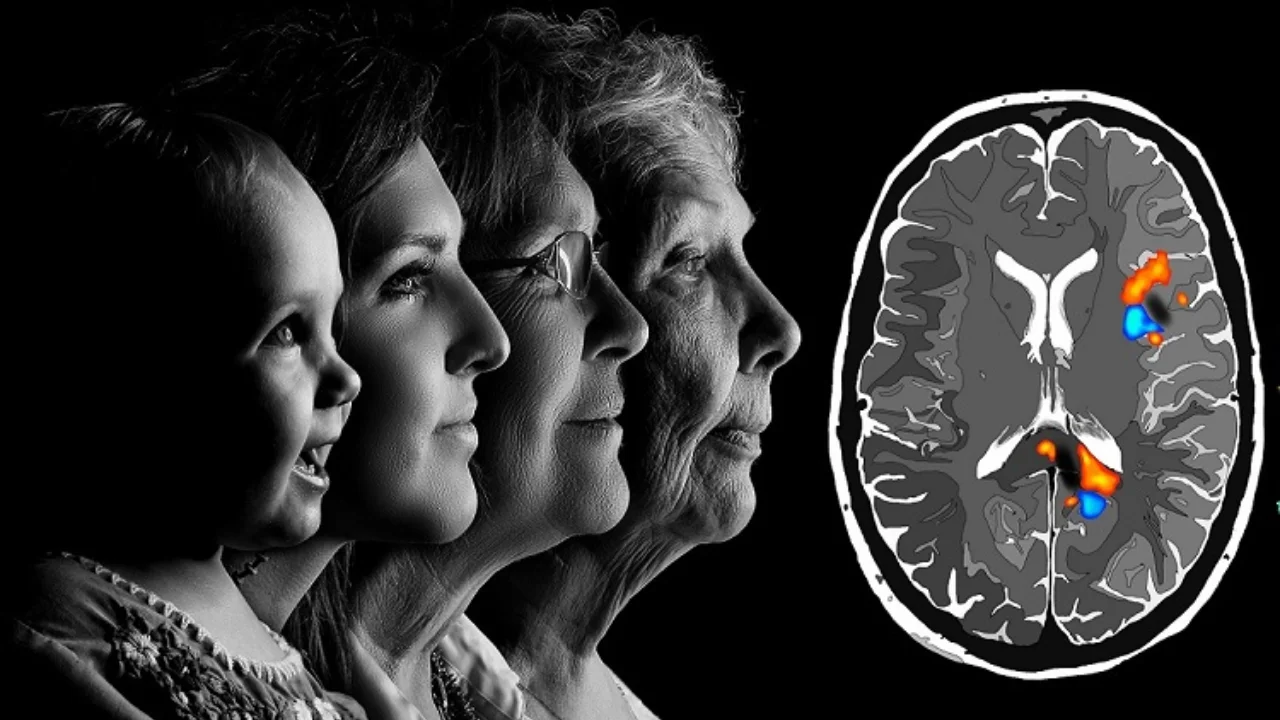Five stages of human brain development identified

Scientists at the University of Cambridge have identified five important stages of human brain development. This was reported by Zamin.uz.
The research results were announced through the BBC. It was emphasized that the main changes in the brain occur at the ages of 9, 32, 66, and 83.
Nearly four thousand people up to the age of 90 participated in this scientific study. Their brains were examined using special scanners.
According to the research, brain development does not proceed steadily throughout life. On the contrary, it is divided into five main stages.
During childhood, between 0 and 9 years old, the brain grows rapidly, but excessive neural connections are "pruned." At this stage, the brain's efficiency is lower.
In youth, between 9 and 32 years old, brain connections are reshaped for maximum efficiency. This period is considered a stage with a high risk of mental health problems.
Between 32 and 66 years old, adulthood begins. At this stage, the brain is most stable, development slows down, and intellectual peak is reached.
The period between 66 and 83 years old is considered early old age. During this time, the brain starts to function as separate parts, but their interconnectivity remains intact.
The first signs of dementia may appear precisely during this period. In late old age, after 83 years, changes intensify further.
However, scientific data on this is insufficient because the number of people with healthy brains at this age is low. Researchers emphasized that these stages are closely linked to important periods in human life — adolescence, health issues, and major changes in the 30s.
A professor from the University of Edinburgh also noted that these results align with modern concepts of brain aging, but the processes vary in each individual. This scientific discovery is of great importance in better understanding the risks of mental illnesses and dementia.







